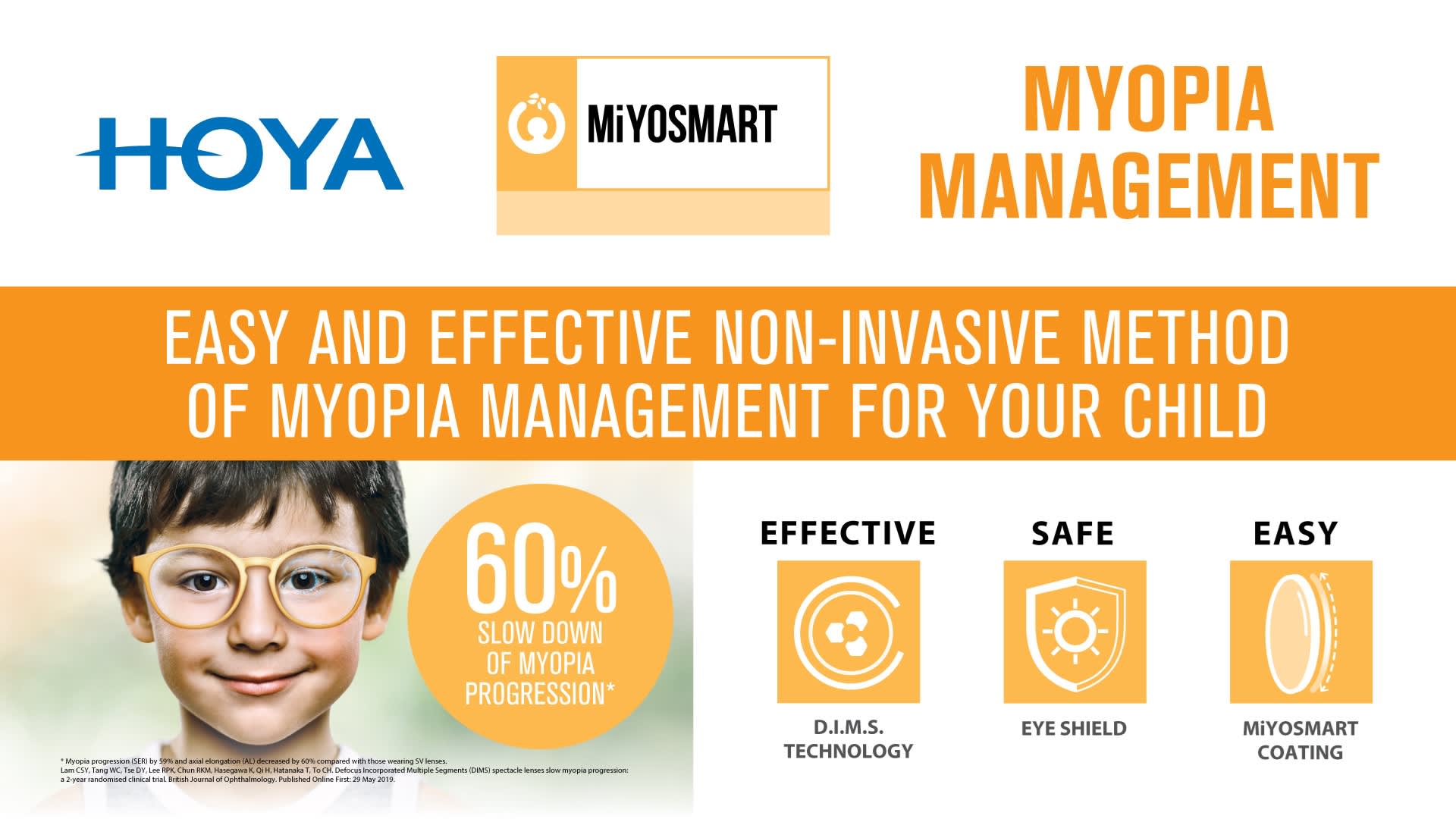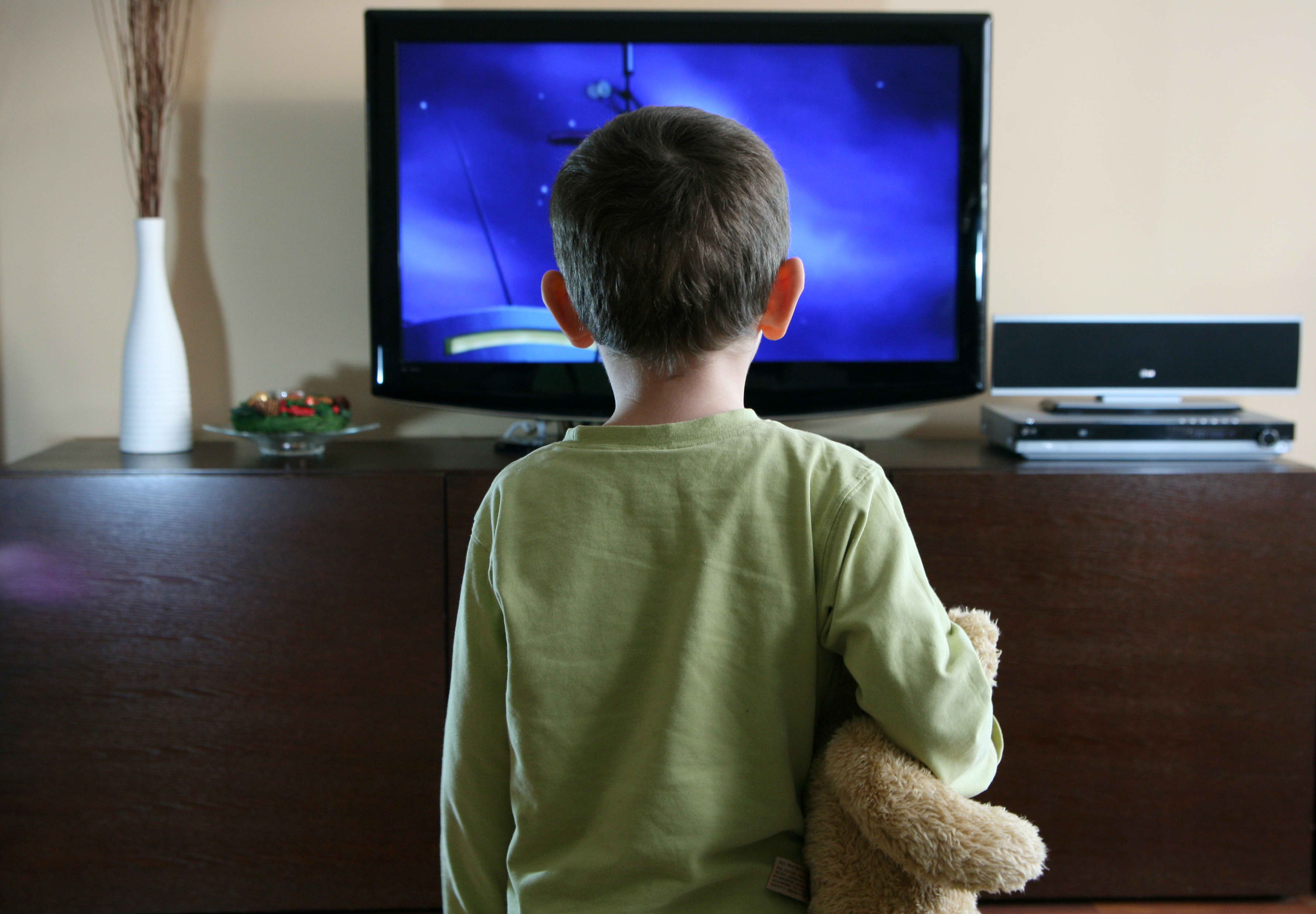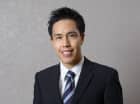Missed our webinar on —When Your Screen is Killing Your Eyesight: Eye Health in The Digital Age? Watch out for more webinars or the highlights on Sessions and Videos!
Myopia, also known as short-sightedness, is a refractive defect. Refractive error happens when the eye doesn't correctly bend (refract) light. Light is not properly focused and images are not clear. Through myopia, nearby objects appear visible while distant objects look blurry
Glasses are not only a fashion item for the majority of Singaporeans but also a requirement to correct poor vision due to myopia.
Currently, there is no cure for myopia
Whether you or your child has myopia (near-sightedness), you're probably curious whether there's a solution — or at least anything that can be done to delay the development so you or your child don't require better glasses year after year.
Turns out, there is no cure for your myopia. Even the popular procedure, LASIK, also cannot cure myopia. LASIK just reshapes the cornea, so light can concentrate on the retina. It doesn't help to fix the majority of the problems that contribute to high myopia.
Wearing glasses will not make your myopia worse.

Eyesight is determined by the form of the eyeball and the cornea and glasses literally change how light enters your eyes. Although, as with other things, widespread misunderstandings are attributed to misguided perceptions of how glasses affect our eyesight.
Our eyes often get worse as we age. And that happens with or without glasses, as our eyeballs are getting longer. Yet because many people are more likely to look for their glasses when they age or require thicker lenses or even bifocals, then they blame the increasing reliance on wearing glasses.
By 2050 an estimated 5 billion people will be affected by myopia.
Rates of myopia tend to escalate all over the world. It is predicted that by 2050, 5 billion people will be short-sighted [1], which is half the world's population.
Myopia typically starts in childhood as the eyeball grows too long, creating a blurred perception of the distance. Myopia in children, particularly those under the age of 8, should be corrected and glasses should be worn constantly [2]. There are various types of lenses, for example, single-vision lenses and bifocal lenses [3].
One cutting-edge breakthrough is MiYOSMART, which can slow down myopia by an average of 60% [4]. It works by using D.I.M.S. (Defocused Incorporated Multiple Segments) Technology [5].

MiYOSMART works by providing a central optical zone through which light is refracted into the eyes. There are multiple 'defocus segments' around this zone which help to slow the progression of myopia. Those defocus segments look like honeycomb if you look very closely.
Myopia is hereditary
Children with myopic parents face an increased risk of myopia [6].
Myopia continues to run within families. If one of your parents has myopia, it raises the chance of contracting the disease. If both parents are myopic the risk is much greater.
Sitting close to the TV is not the reason your myopia grows

The reason you have this bad habit may be because you already have myopia without knowing it. You may have trouble watching your favourite show while you're far from the TV, which is why you choose to sit up close. The first thing you can do is have your eyes tested to check the problem as soon as possible.
So...
Manage your myopia before it is too late. There are a lot of treatments that you can choose, including eye drops, glasses, or surgical procedures. You can prefer contact lenses, eye drops, or spectacle lenses like MiYOSMART if you are not fit for surgery or just don't want to go under the knife.
Brought to you by HOYA Lens. Find out where you can get MiYOSMART in Singapore by looking for the closest HOYA eye care practitioner here.
At Eagle Eye Centre, Dr Harold Choi is a Specialist in Ophthalmology. He finished his basic medical degree at the National University of Singapore (NUS), followed by his Masters in Medicine (Ophthalmology), and Fellowship of the Royal College of Surgeons Edinburgh. He held clinical teaching positions at NUS.

